How to Eat on Rest Days
Train, eat, sleep, repeat seems like a common routine when training, but what about a rest day? We know that our fitness gains occur after workouts. Training is the stimulus that provides the stress, but taking rest allows your body to adapt to the stress and grow. With that being said, nutrition on rest days should not vary greatly from training days. Here are a few tips on how to eat on rest days to maximize your recovery and prep your body for your next workout.
Listen to your hunger cues.
The day after a hard workout or long run I’m always thinking “today’s an eating day”. You may not feel super hungry right after an intense training session due to changes with hormones, but watch out, later that day or the following day, your body needs refueling. You need to listen to your hunger cues, eat when you’re hungry, stop when you’re full. Don’t restrict your eating just because you are not exercising that day, that will only set you up for under fueling and limit your ability to progress your training.
Balance your eating throughout the day.
Front load your calories early in the day. Many athletes often eat a small breakfast and lunch and large dinner. Not eating enough earlier in the day will set you up for grazing on snacks mid-afternoon, as well as overeating at night. Spread out your calories throughout the day to maximize your recovery and maintain energy levels.
Fuel with Macros and Micros
Eating a variety of foods from carbohydrates, proteins and fats can help to refuel your muscles on rest days and prep them for the next days workout. Protein-rich foods such as meat, eggs, cheese, nuts/nut butter, tofu, milk/yogurt, and beans are important for muscle growth. Carbohydrate-rich foods like grains, milk/yogurt, fruit, and vegetables help to replenish muscle glycogen stores. Healthy, unsaturated fats from olives, olive oil, canola oil, avocados, avocado oil, nuts/seeds, peanut and other nut butters and fatty fish, such as salmon, are important as they help reduce inflammation and aid with recovery. Don’t forget about micros to support your immune system and reduce muscle fatigue. Eat foods rich in vitamin C, potassium, iron, calcium, vitamin D and magnesium such as citrus fruits, leafy greens, beans, milk, nuts, tomatoes, potatoes, and tofu. We often focus too much on what we eat around our training, but rest days are important to maximize the benefits you receive from training. Don’t skimp on eating on your rest day simply because you’re not training. Eat a variety of nutrients so you can perform your best the next day!
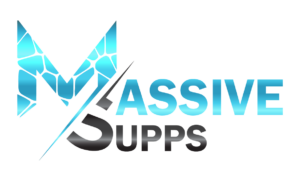
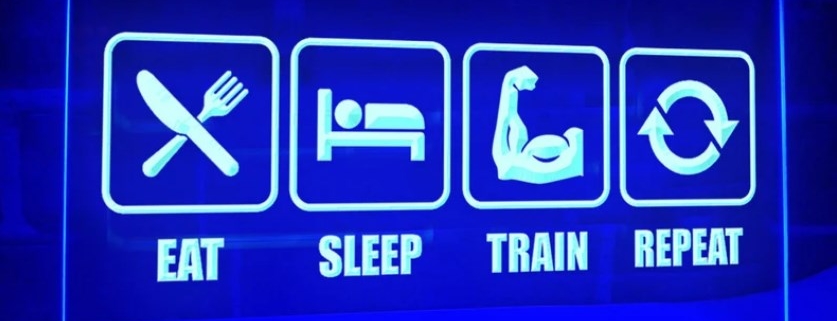


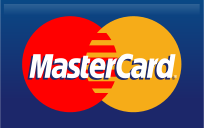

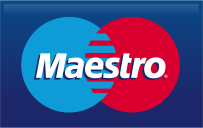
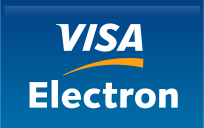


Leave a Reply
Want to join the discussion?Feel free to contribute!